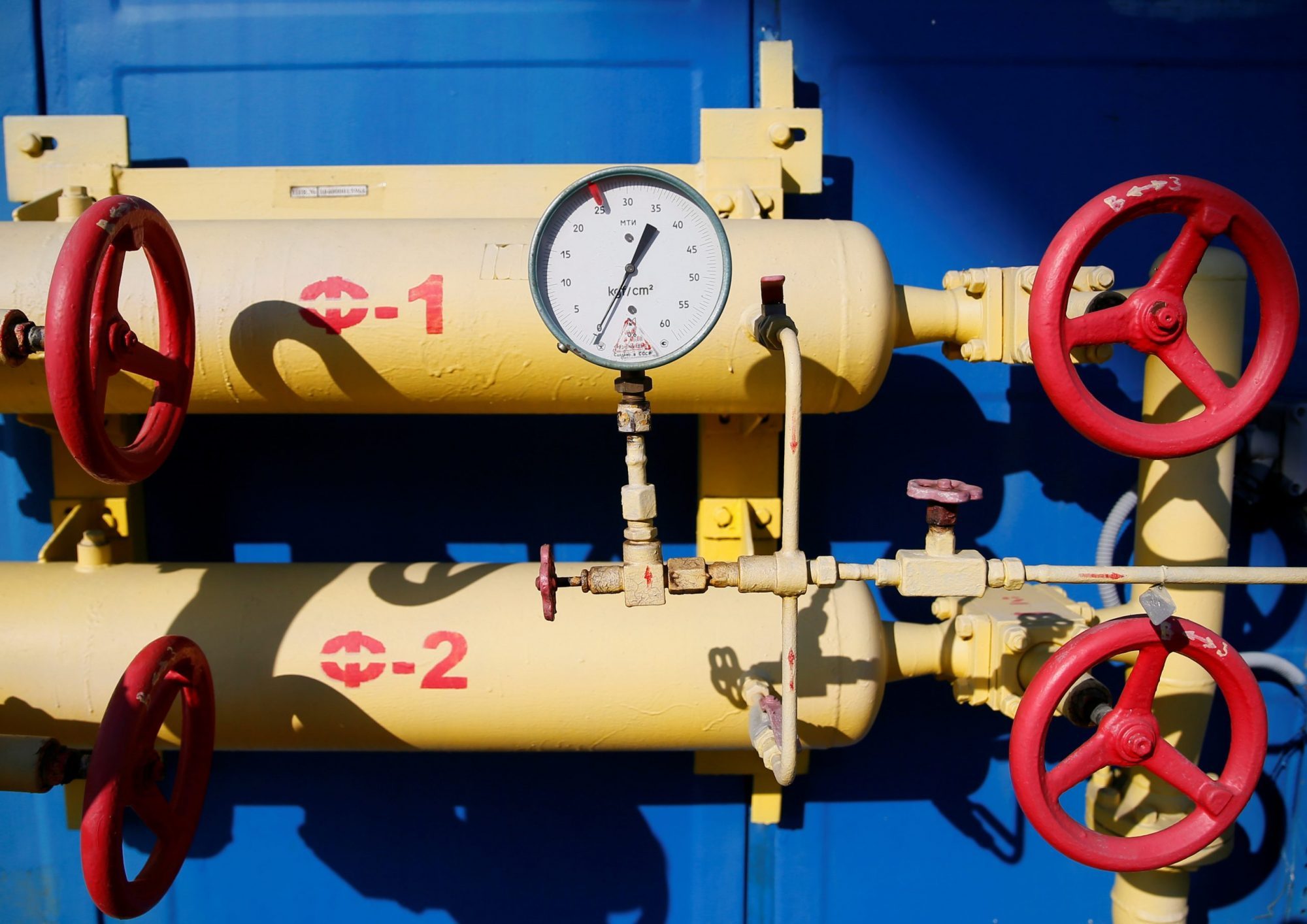
Sharing knowledge and expertise in energy security by building accessible e-learning modules.
There are countless growing risks facing our global energy infrastructure and security, from extreme weather conditions and natural disasters made worse by climate change, to manmade threats from terrorism and cyberattacks. In response to these challenges, experts from the U.S. Department of Energy’s (DOE) Argonne National Laboratory are supporting the development of a training course for the Organization for Security and Cooperation in Europe’s (OSCE) Virtual Centre for the Protection of Critical Energy Infrastructure. The purpose of this training course is to provide decision makers within the field with knowledge of several key areas of energy security, from risk analysis to cybersecurity.
“The United States has had over 20 years of experience developing its critical infrastructure security,” said Duane Verner, Resilience Assessment group manager within Argonne’s Decision and Infrastructure Sciences (DIS) division, “but many of the countries the OSCE is working with in Eastern Europe and Central Asia are only recently starting their own programs. Argonne is working with the OSCE to leverage this decades’ worth of experience to help these nations build their own energy security capacities.”
“We hope that through Argonne and OSCE we can provide members with the knowledge and experience they need to safeguard their energy infrastructure and provide power to everyone as safely and securely as possible.” — Duane Verner, Resilience Assessment group manager within Argonne’s DIS division
One of the most important factors Verner and his colleagues considered when building these training modules was accessibility. Each module is available through OSCE’s web training platform. They are self-paced, take about two hours to complete, and are available in both English and Russian. At the end of the five modules, one must pass a test with a score of 80% to receive the certificate for completion. They cover several key topics, including cybersecurity, risk analysis, resilience, infrastructure dependencies, emerging threats and climate change.
“The course is not meant to be highly technical. It’s for everyone from public and private energy stakeholders to policy makers,” explained Frederic Petit, principal infrastructure analyst. “The goal is to help them establish a general understanding of these topics to create a foundation that they can then build upon themselves. The training course focuses on the bigger questions, like ‘What is risk analysis?’ or ‘How do we define system resilience?’” Petit expressed that there could be more advanced training modules available in the future as interest from OSCE-partnered countries grows.
“Argonne and OSCE are now working to get the message out there about the training modules,” said Verner. As the modules go live in March, they will be launching a social media campaign to promote their efforts, highlighting experts from Italy, Greece, Turkey and other OSCE member states. “We hope that through Argonne and OSCE we can provide members with the knowledge and experience they need to safeguard their energy infrastructure and provide power to everyone as safely and securely as possible.”
– Jd Amick


